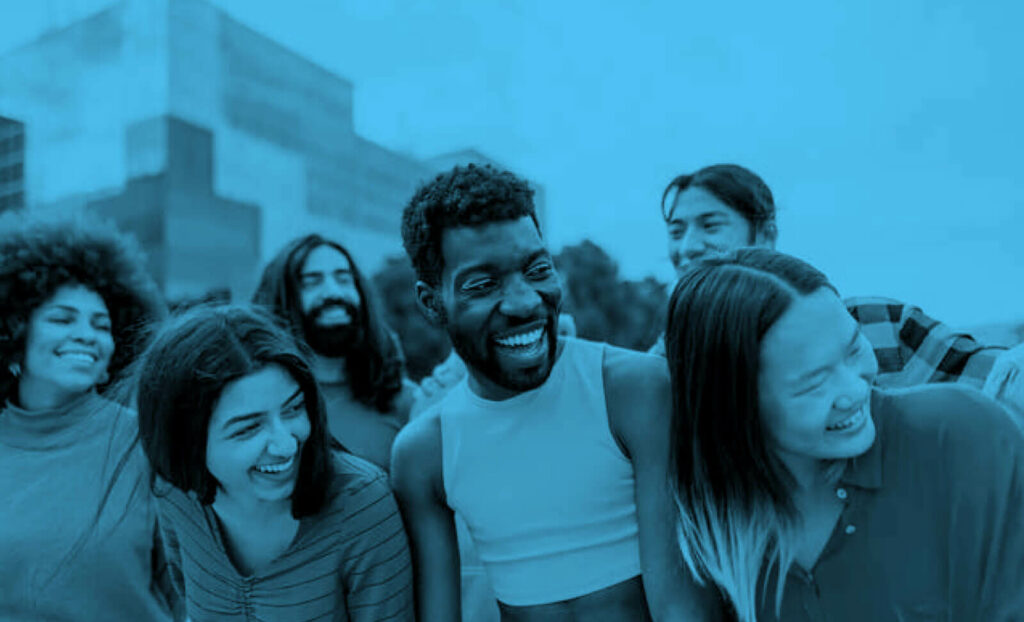Acknowledging The Gaps
Through the creation of this toolkit, especially when addressing intersectionality and the impacts of race on mental health, we noticed that there are many aspects of queer identity that are not factored into the findings.
As with any research, there needs to be an acknowledgement of the diversity in groups of people. It is important to reflect upon these differences when discussing and researching 2SLGBTQ+ populations. This section speaks to the gaps in the literature that have yet to be addressed.
Gender Diversity
Many studies look at gender as binary (Man/Woman). This reduces the results to a particular grouping of individuals whose responses are not necessarily the same as those who identify as non-binary, bigender, agender, or elsewhere on the Trans* spectrum.
Sexuality
Much of the literature looking at the experiences of queer people focuses on the experiences of Lesbians, Gay men, and Bisexual individuals. Research on the experiences and mental health needs of people identifying elsewhere along the sexuality spectrum can be useful in speaking to a range of queer experiences.
Queer Indigeneity
Though research exists on Two-spirit identities, much of the literature ignores queer Indigenous experiences that exist outside of that identity. Acknowledging and researching the variety of Indigenous queer experiences can aid in the development and improvement of supports for Indigenous queer people.
Experiences of Racialized Queer people
Much of the literature speaks to the experiences of queer mental health does not address the impact of race on the mental health of queer individuals. The lack of data on the mental health of racialized queer populations reinforces the misconception that queer communities are homogenous and ignores the impact race has on both queer identity and mental health.
Investigating the experiences of people with these identities, and others not named, as this is by no means an exhaustive list, can help to provide a more inclusive look at the mental health of queer and trans* students on campus.


